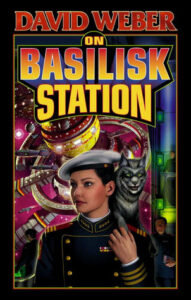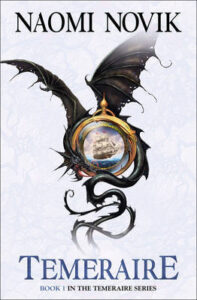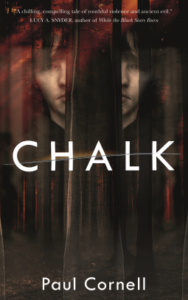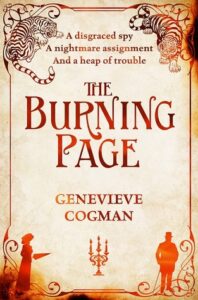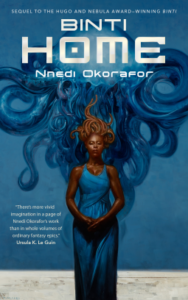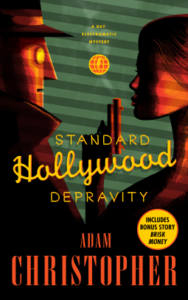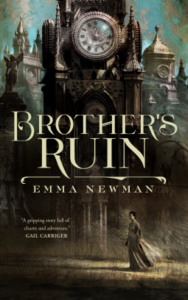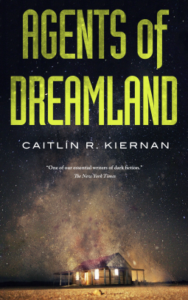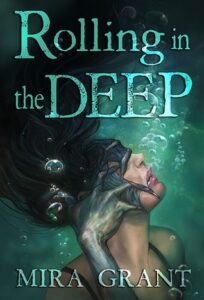 Rolling in the Deep, Mira Grant
Rolling in the Deep, Mira Grant
Rolling in the Deep is a documentary/found footage type story with a fairly predictable ending. Scientists, performers and television personalities go on a ship to find evidence of mermaids, with the scientists mostly using the opportunity to get some real work done without needing to charter the ship themselves. Everyone starts out sceptical, and the whole affair is rather cynical. The performers include professional mermaids — people who don mermaid outfits and swim in the sea to make it look like they really have found mermaids… or have they? Etc.
Naturally, this is a Mira Grant story and so things go wrong. The experiments disturb something real in the deep, and in the usual way of humans meeting other races, they cause harm. Cue the horror movie ending, and the later rediscovery of the empty, drifting ship… with some footage of the attacks intact. And of course, people ask if it’s real or not…
It’s a fun format and the story works well; it gets off to a bit of a slow start, which might disappoint horror fans. There’s a few too many characters in the space to really get attached to any of them, though one or two show promise. Not my favourite of Grant’s novellas, but definitely a good read.

